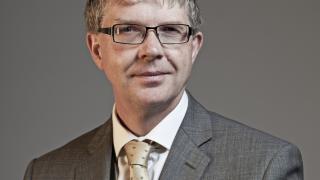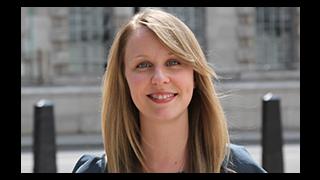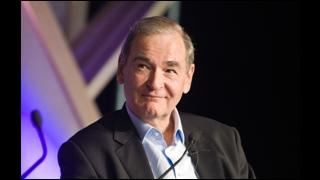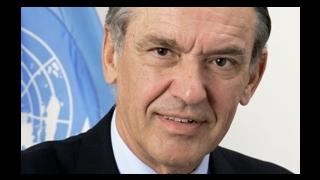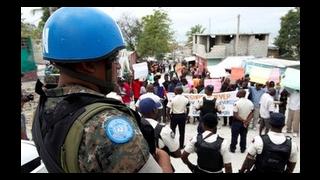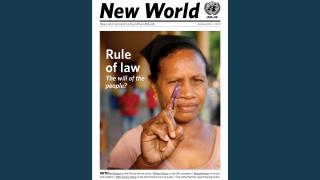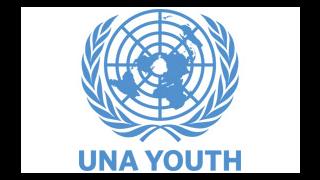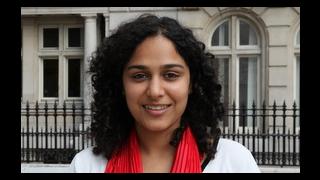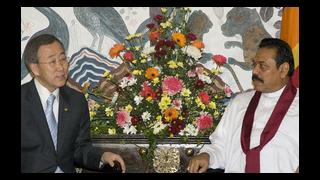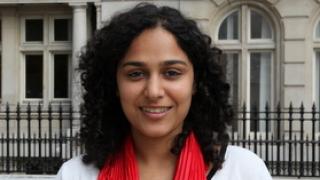
At the UN General Assembly’s first High-Level Meeting on the Rule of Law (RoL) in September 2012 and in the subsequent adopted resolution, UN member states expressly recognised the core link between RoL and development. RoL has since come to play an important part in the post-2015 development agenda (Agenda) - the process which seeks to identify the successor to Millennium Development Goals (MDGs), themselves a set of eight universal development goals which expire in 2015.
The General Assembly resolution specifically highlights RoL as a primary tool of development, which promotes “sustained and inclusive economic growth, sustainable development, the eradication of poverty and hunger and… including the right to development”. In an issue brief on ‘Rule of Law and Development’, the United Nations Development Programme (UNDP) similarly states that RoL helps foster an enabling environment for development work across all sectors, facilitating the fulfilment of several objectives such as poverty reduction, gender equality and effective health care. For example, ensuring free and fair access to justice institutions can empower women who face discrimination to seek redress. However, access to justice is just one of many methods of aiding development through RoL. UNDP’s annual report on ‘Strengthening the Rule of Law in Crisis-Affected and Fragile Situations’, describes a wide range of efforts the UNDP undertakes in its RoL work.
Interestingly, there is disagreement over whether or not the MDGs ever really explored the link between RoL and development. The Report of the High-level Panel on the Post-2015 Development Agenda (HLP Report) states that the MDGs failed to recognise the importance of RoL on development. The UNDP, however, argues that while RoL was not explicitly mentioned in any of the MDGs; in practice the RoL has been used as an overarching tool for meeting MDG targets.
The HLP Report refers to RoL in a much more comprehensive sense than simply its relationship with the traditional definition of development. In fact, the HLP Report incorporates RoL across a number of different goals and targets. For instance, it implicitly recognises RoL in Goals 10 (ensure good governance and effective institutions) and 11 (ensure stable and peaceful societies). It also suggests establishing effective and accountable public institutions. In addition, RoL was a key theme to come out of the Panel’s public consultations, including recommendations for a standalone goal on governance.
RoL can essentially be understood as an ‘enabling goal’. The UNDP defines an enabling goal to be those national policy interventions which help facilitate the achievement of other objectives. The UNDP argues that if a government institutes national level policy commitments to strengthen any aspect of RoL, it will have a direct impact on other development targets too. In this context, RoL can be seen to have a much wider impact on development than can be demonstrated by the mere fulfilment of specific goals and targets.
Mrinalini Singh is a volunteer researcher for UNA-UK.

